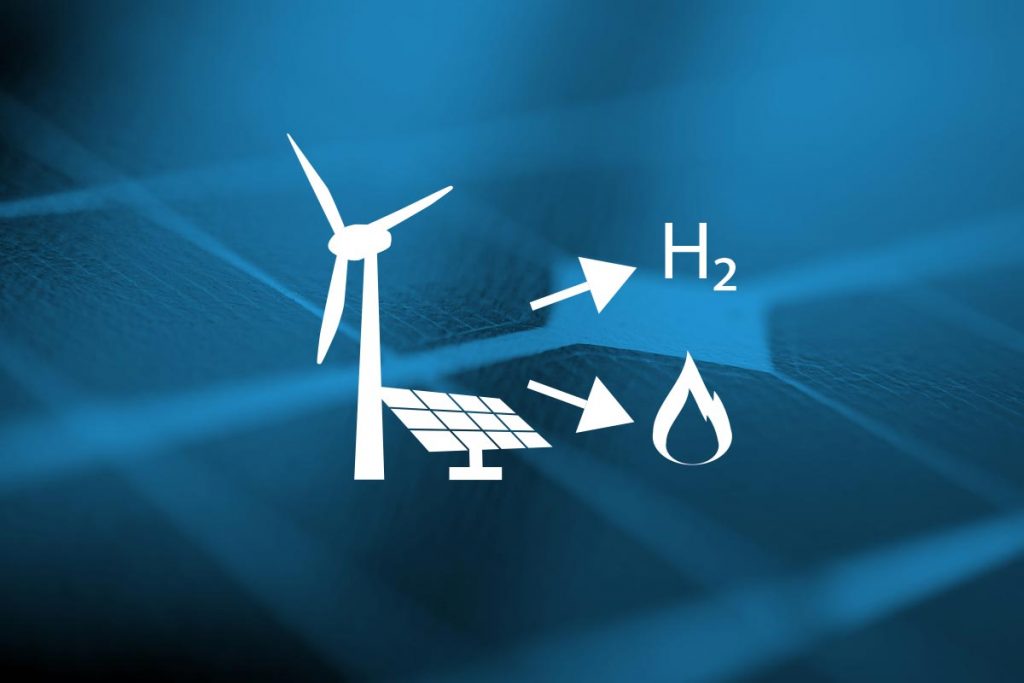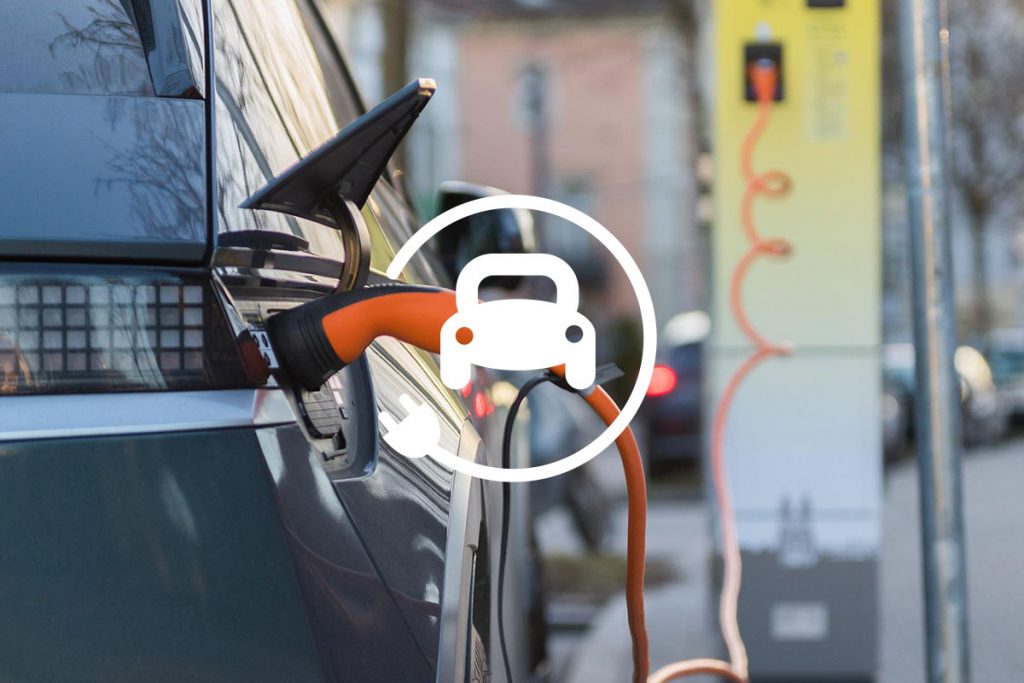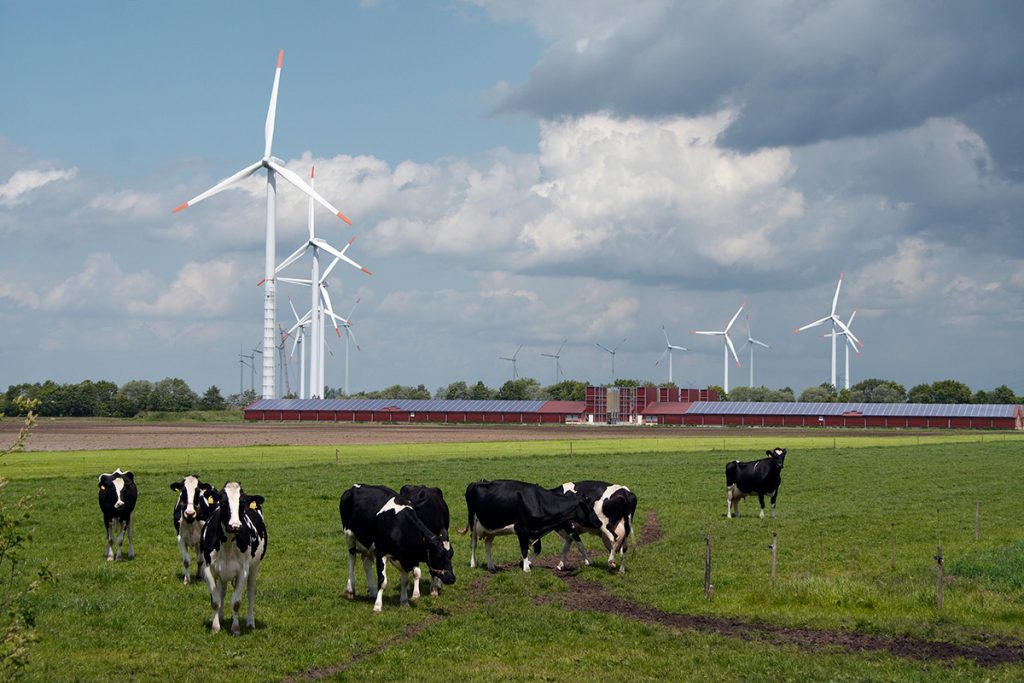This website uses cookies so that we can provide you with the best user experience possible. Cookie information is stored in your browser and performs functions such as recognising you when you return to our website and helping our team to understand which sections of the website you find most interesting and useful.

Introduction to Hydrogen
- Hydrogen & PtX
Learn why economies and energy systems based on hydrogen are essential to lowering emissions. This course delves into hydrogen infrastructure, generation, fuel cells, costs, and roadmaps.
€240 excl. VAT
- 19% VAT: private customers resident in the EU, companies/ public organisations and NGOs in Germany
- No VAT: private customers resident outside the EU, companies/ public organisations and NGOs outside Germany
1 month
About 20 hours
English
Online
01/07/2023
03/07/2023
Description
Description
Hydrogen and its applications not only represent a robust, feasible and flexible response to the energy crisis, but the decarbonisation of the economy resulting from its use also has the potential to tackle the very roots of the global climate crisis.
The shift to hydrogen will not only be a smooth continuous transformation process over the following decades but will also give impetus to a fundamental and disruptive energy transition within a short period of time. But what is hydrogen and how can it be produced? How can hydrogen contribute to a cleaner energy system? What is the hydrogen economy? And finally, how can we harvest the potential benefits of this emerging technology?
This course was written to address these questions and explain the major components of hydrogen as an emerging energy technology.
The topics covered are:
- The element hydrogen (H)
- Energy related properties of hydrogen
- Types of hydrogen applications
- Hydrogen generation and fuel cells
- Hydrogen infrastructure
- System integration / sector coupling
- The cost of hydrogen
- International strategies and roadmaps
Receive a reminder one week before the registration deadline.
Learning Objectives
Learning objectives
After completing this course, you should be able to:
- explain the basic components of a hydrogen-based energy system and its respective infrastructure;
- describe the current uses of hydrogen, its production methods, and its infrastructure requirements;
- describe the opportunities and limits of hydrogen as an energy carrier and technology and its potential contribution to sustainable energy systems in the future; and
- understand the current status of hydrogen policies in the international arena.
Target Groups
Target groups
This course is suitable for those whom:
- would like a short overview of the current use of hydrogen, its production technologies, infrastructure and storage; or
- want to know how to include hydrogen in roadmaps and strategies for a sustainable energy supply.
RENAC certificate upon successful completion of the course for participants who score 70% or higher on the exam.
Features
Features
Flexibility to study at any time and from any location
Moderated discussion forum for students
Multimedia learning materials
RENAC certificate upon successful completion of the training
We offer discounts for our alumni, group bookings, and multiple purchases. Contact us for further details.
Contact with learning facilitators
Self-assessments
Certification
Additional Information
Lecturers
Lecturers
There aren't any lecturers in this training.
-
Description
-
Learning Objectives
-
Target Groups
-
Features
-
Lecturers
Description
Hydrogen and its applications not only represent a robust, feasible and flexible response to the energy crisis, but the decarbonisation of the economy resulting from its use also has the potential to tackle the very roots of the global climate crisis.
The shift to hydrogen will not only be a smooth continuous transformation process over the following decades but will also give impetus to a fundamental and disruptive energy transition within a short period of time. But what is hydrogen and how can it be produced? How can hydrogen contribute to a cleaner energy system? What is the hydrogen economy? And finally, how can we harvest the potential benefits of this emerging technology?
This course was written to address these questions and explain the major components of hydrogen as an emerging energy technology.
The topics covered are:
- The element hydrogen (H)
- Energy related properties of hydrogen
- Types of hydrogen applications
- Hydrogen generation and fuel cells
- Hydrogen infrastructure
- System integration / sector coupling
- The cost of hydrogen
- International strategies and roadmaps
Receive a reminder one week before the registration deadline.
Learning objectives
After completing this course, you should be able to:
- explain the basic components of a hydrogen-based energy system and its respective infrastructure;
- describe the current uses of hydrogen, its production methods, and its infrastructure requirements;
- describe the opportunities and limits of hydrogen as an energy carrier and technology and its potential contribution to sustainable energy systems in the future; and
- understand the current status of hydrogen policies in the international arena.
Target groups
This course is suitable for those whom:
- would like a short overview of the current use of hydrogen, its production technologies, infrastructure and storage; or
- want to know how to include hydrogen in roadmaps and strategies for a sustainable energy supply.
RENAC certificate upon successful completion of the course for participants who score 70% or higher on the exam.
Features
Flexibility to study at any time and from any location
Moderated discussion forum for students
Multimedia learning materials
RENAC certificate upon successful completion of the training
We offer discounts for our alumni, group bookings, and multiple purchases. Contact us for further details.
Contact with learning facilitators
Self-assessments
Certification
Additional Information
Lecturers
There aren't any lecturers in this training.
Testimonials
Interested in RENAC trainings?

Type of training:
Next Date:
Duration:
Fee:

Type of training:
Next Date:
Duration:
Fee:

Type of training:
Next Date:
Duration:
Fee:

Type of training:
Next Date:
Duration:
Fee:

Type of training:
Next Date:
Duration:
Fee:

Type of training:
Next Date:
Fee:

Type of training:
Next Date:
Duration:
Fee:

Type of training:
Next Date:
Duration:
Fee:

Type of training:
Next Date:
Duration:
Fee:

Type of training:
Next Date:
Duration:
Fee:

Type of training:
Next Date:
Duration:
Fee:

Type of training:
Next Date:
Duration:
Fee:

Type of training:
Next Date:
Duration:
Fee:

Type of training:
Next Date:
Duration:
Fee:

Type of training:
Next Date:
Duration:
Fee:
© 2024 | Renewables Academy (RENAC) AG



